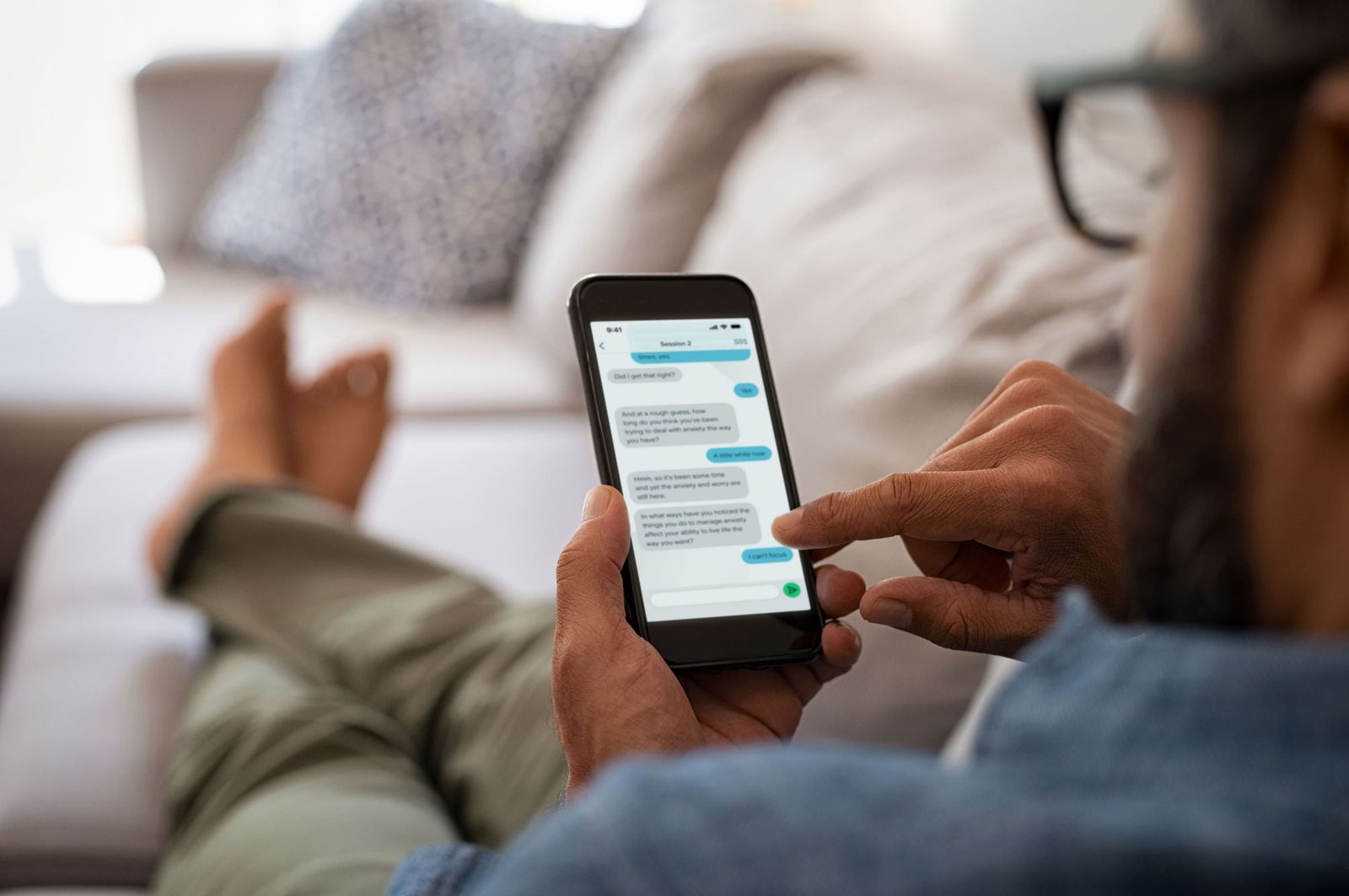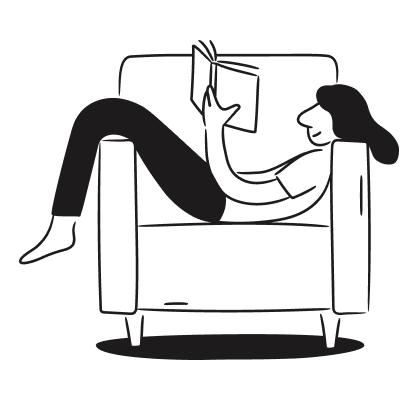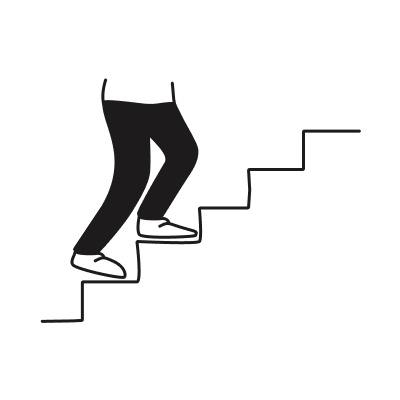Prioritising your mental wellbeing at university


Prioritising your mental wellbeing at university



Almost half of students say mental health difficulties negatively impact their university experience
The time you spend at university is often expected to be one of the best times of your life. However, despite all the benefits of newfound independence and meeting lots of new people - adapting to a new environment can be overwhelming. This can have an impact on your mental health.
If your enjoyment of university is being impacted by anxiety, worry, low mood or even depression, typed therapy can help provide practical skills to use in day-to-day situations.
Why typed therapy?
Typed therapy takes place online via a secure platform. As the sessions are typed, you do not have to speak to anyone, and no one will overhear your conversation. You won't need to worry about traveling to appointments, simply find a quiet place, like the comfort of your sofa to begin your session.
Appointments are available from 6 am to 11 pm helping to work around any study patterns.
Before each session, your therapist will check in with how you are, so we can tailor your treatment to be as effective as possible. Between sessions, we’ll ask you to keep a journal and do thinking exercises to help develop positive, long-term habits.
Research shows a little work leads to better recovery and can help keep you feeling well after your therapy sessions have ended.


How it works
Our patients tell us typed therapy makes it easier to open up and reflect on their thoughts and behaviours than if they were sat in front of a therapist. The additional benefits of typed therapy include:
This is typed therapy...


Begin your therapy in four steps
1. Refer and register
Self-referral is available in your area. Self-referring allows you to access online therapy quickly and easily without the need to visit your GP. Once you have self-refered and created your account, complete your questionnaires. We will then find the best therapist for your needs.

2. Start therapy
Chat with your therapist. They’ll create a treatment programme designed just for you and will help you set goals, break down issues and change unhelpful thoughts and behaviour patterns.

3. Practise
Between sessions you’ll use the new skills your therapist has taught you in real life. Your therapist will track your progress using questionnaires before each session and target the most persistent and troubling areas.

4. See results
Your therapist will help you monitor change and target the most persistent and upsetting areas.

Get started with Mindler (previously ieso)
Click the button below to self-refer. If you'd like to find out about other mental health support options available in your area, visit the NHS website.



